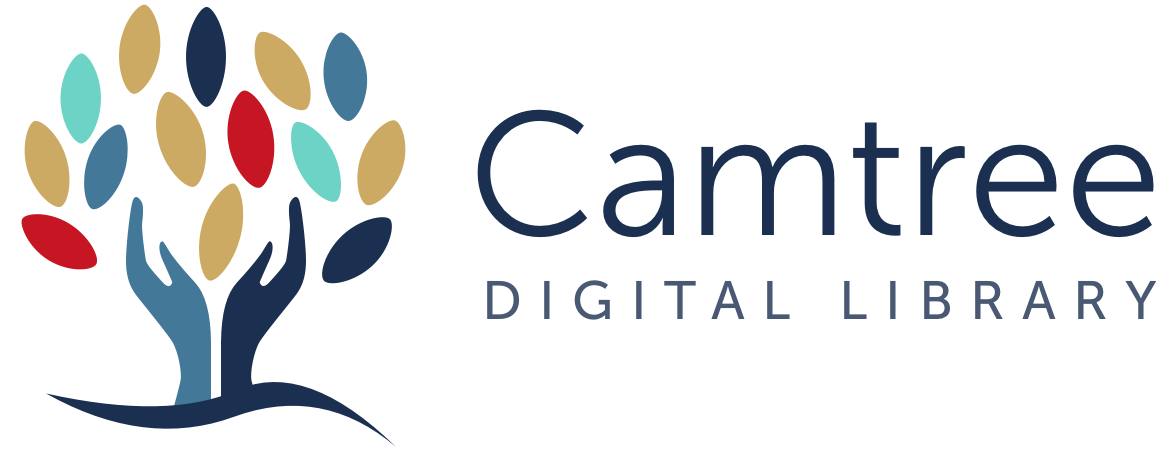Loading...
CLLD at Perryfields Primary School, Sandwell
Martin, Amy
Martin, Amy
Citations
Altmetric:
Authors
Editors
Date
2009
Educational Level
ISCED Level 0 Early childhood education
Curriculum Area
Geographical Setting
United Kingdom of Great Britain and Northern Ireland
Abstract
Background: The purpose of the study was to raise achievement in Communication, Language and Literacy (CLL) in Reception by improving the teaching of reading, and measure progress towards success criteria through logs, interviews, observations, and teacher assessments.
Aims: The main aim is to raise achievement in Communication, Language and Literacy (CLL) in Reception by improving the teaching of reading and associated skills.
Methods: Head of school improvement, Headteacher, Middle leader, National Strategies consultant, Senior leadership team (SLT), SIP (School Improvement Partner), Subject leader, Teacher, Local authority staff, CLLD consultant. Methods used included training, on-site visits, cluster meetings, CLLD programme materials, professional development, tracking pupil progress, and parent meetings to explain the phonics programme.
Findings: The main findings are that CLLD programme and consultant support have improved teaching of phonics and early reading, with 87% of YR children secure at Phase 2 and 13% secure at Phase 4. Improved teaching has led to improved achievement and enjoyment of children.
Implications: The findings suggest that providing support from CLLD programmes and consultants, along with a structured phonics session, can lead to improved teaching of reading and CLL, faster grapheme recognition, and more children achieving 6+ in FSP.
Description
Keywords (free text)
Primary education, Communication, language and literacy
